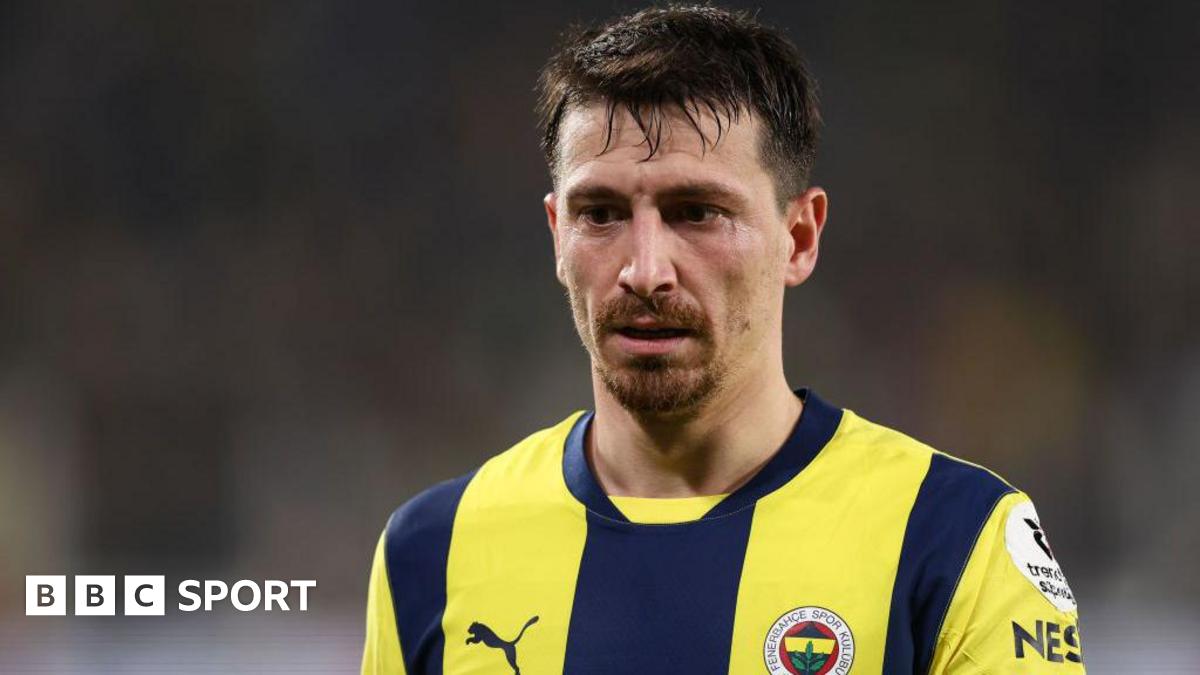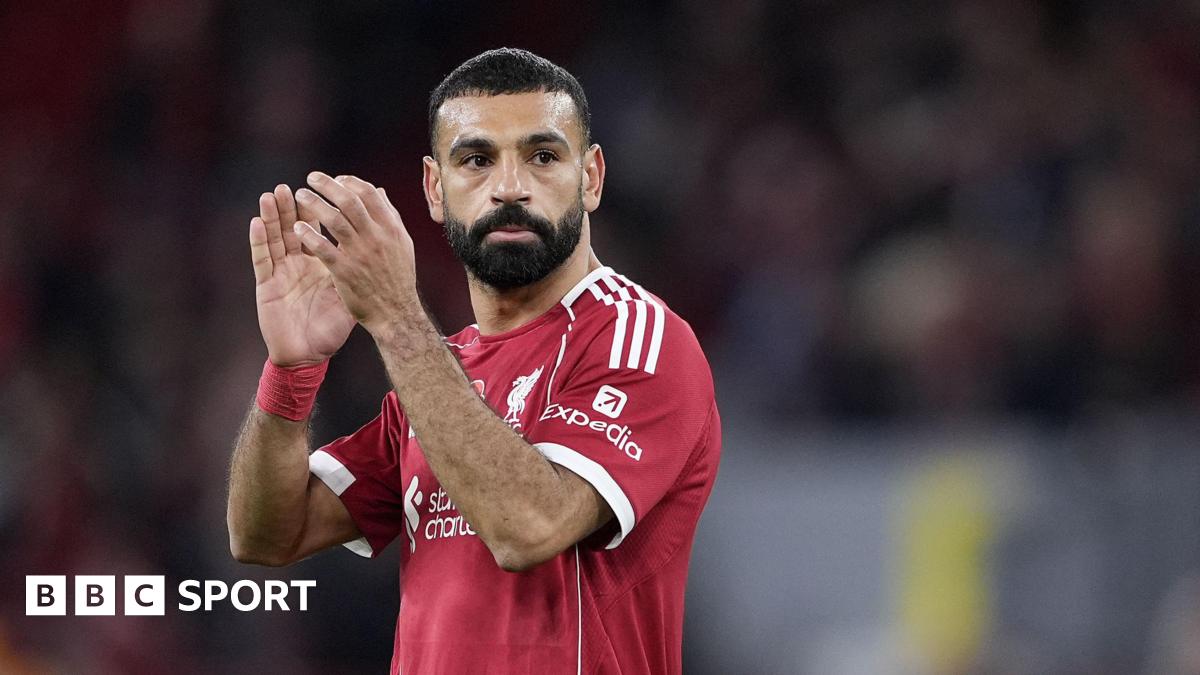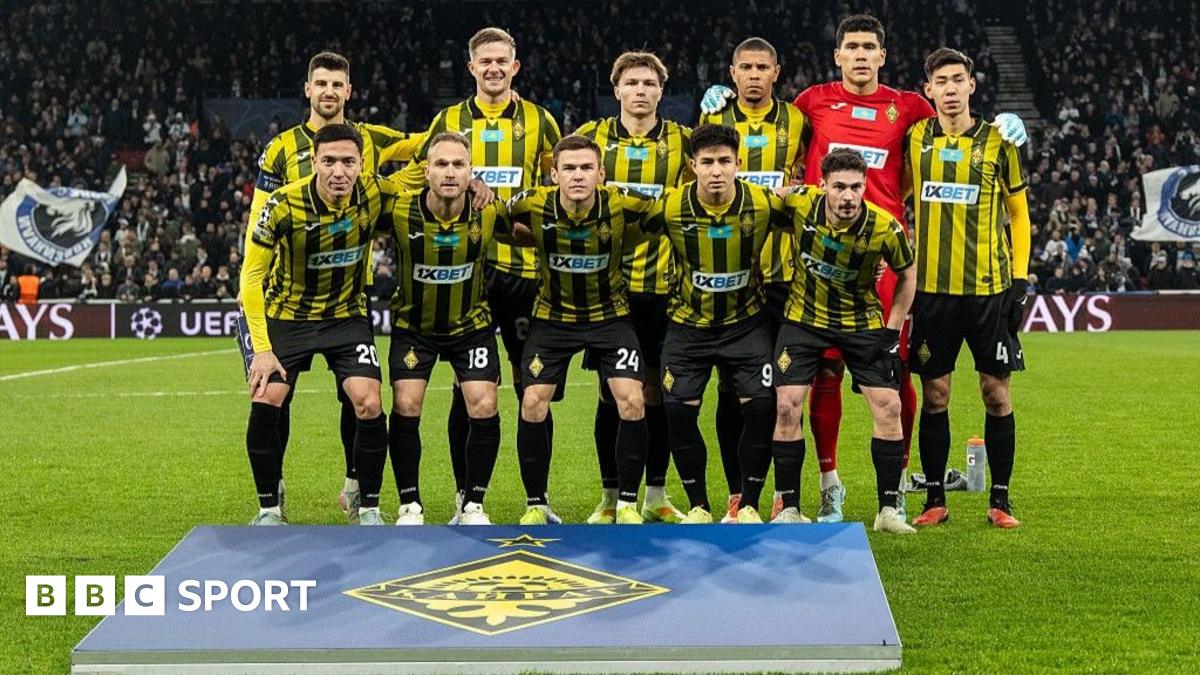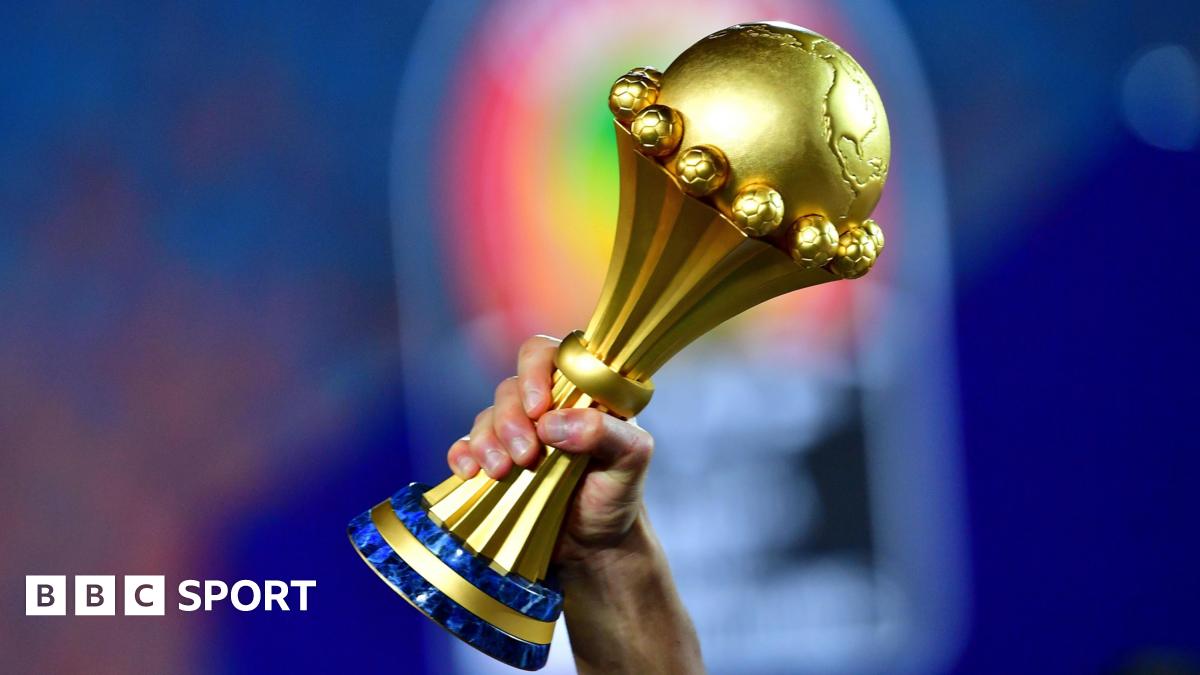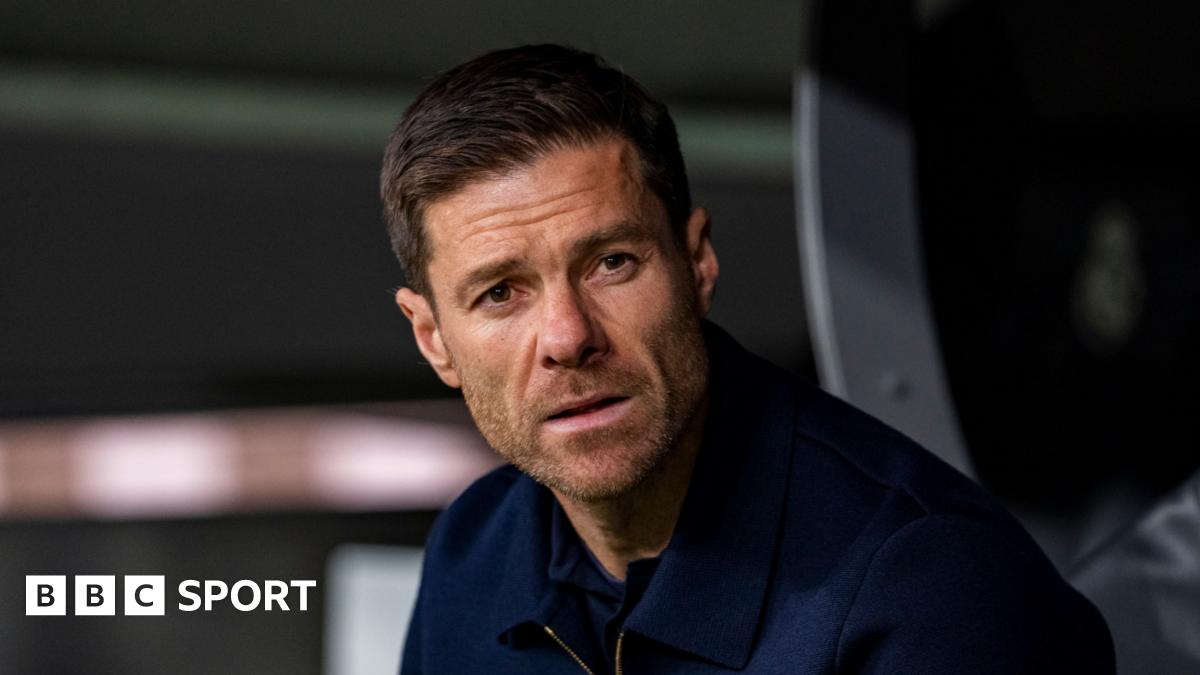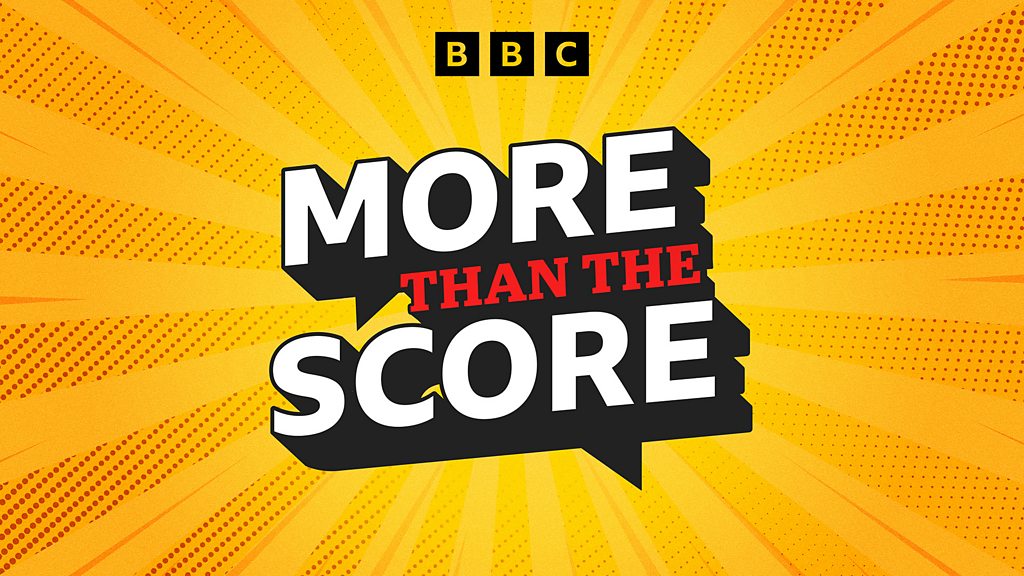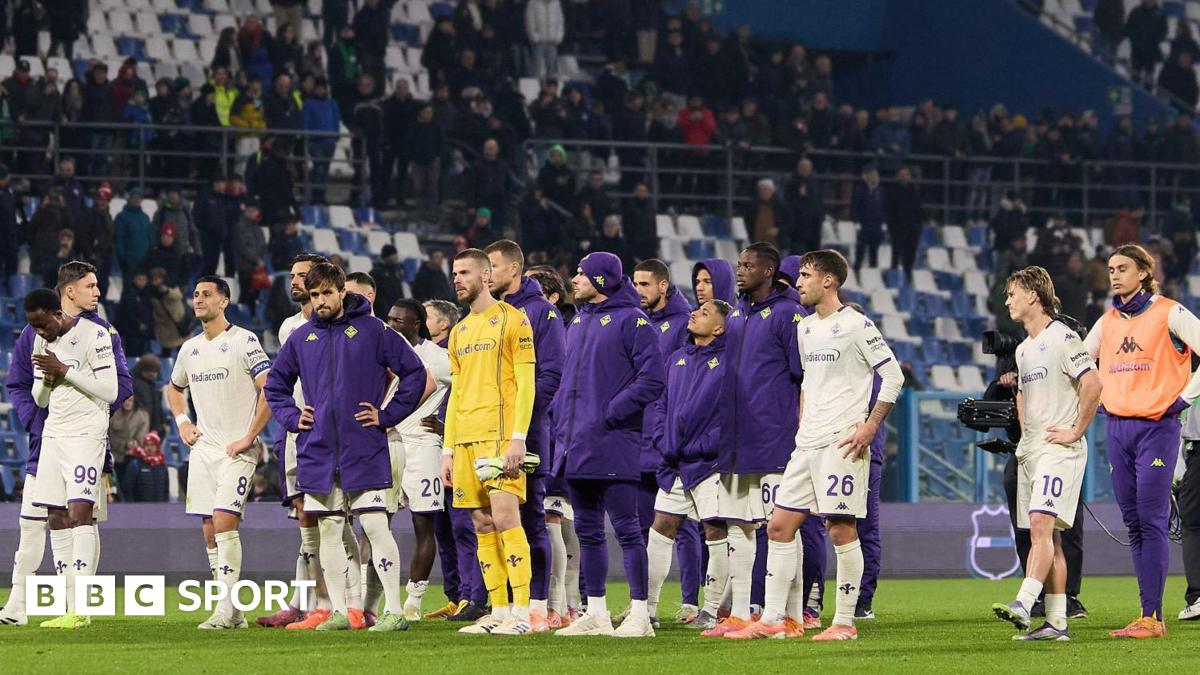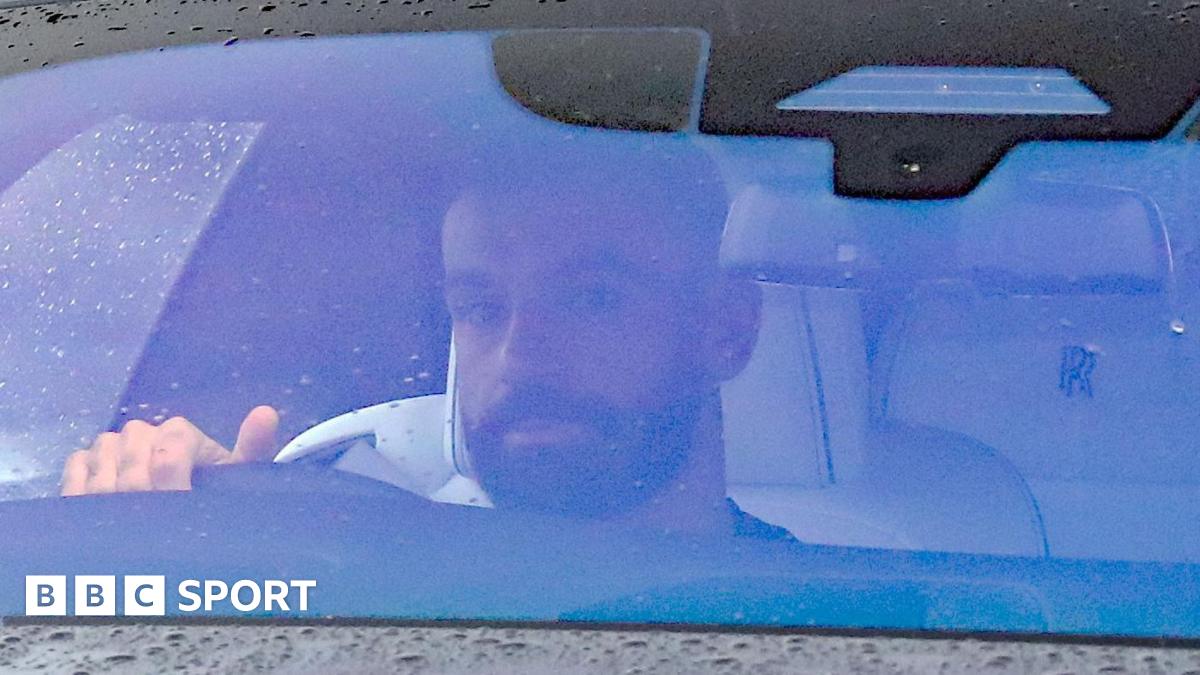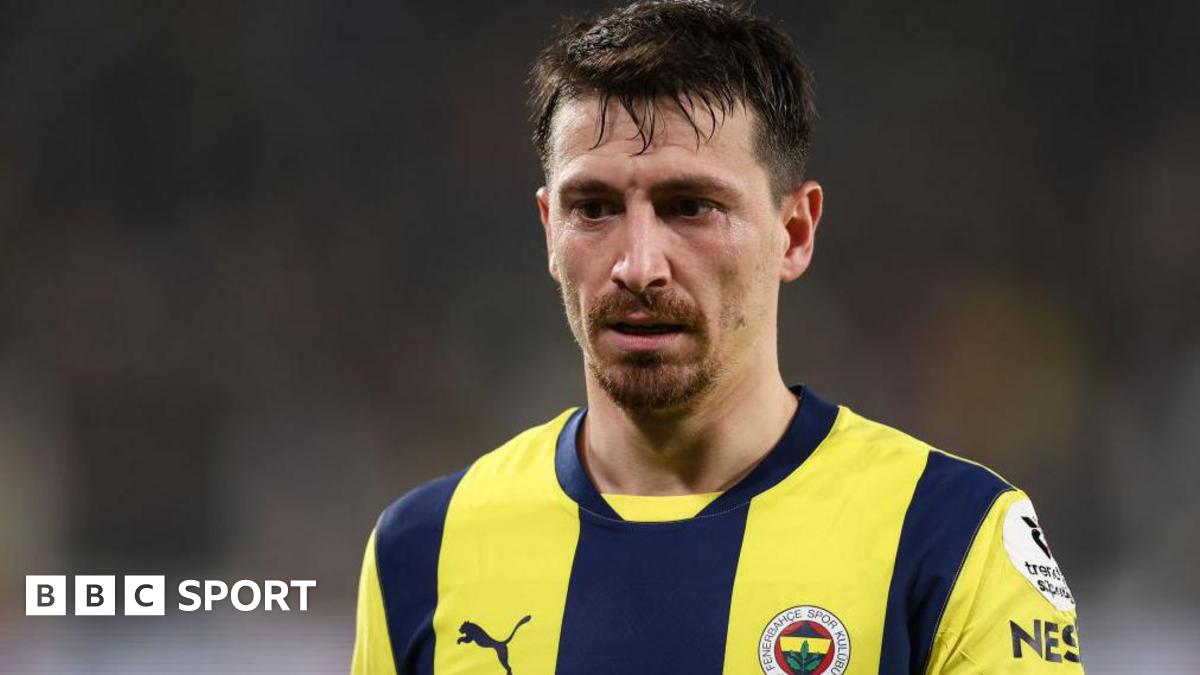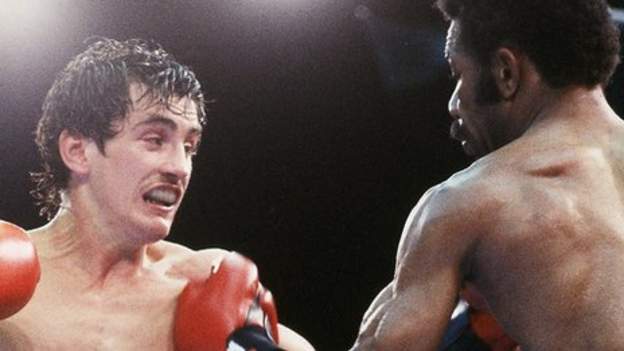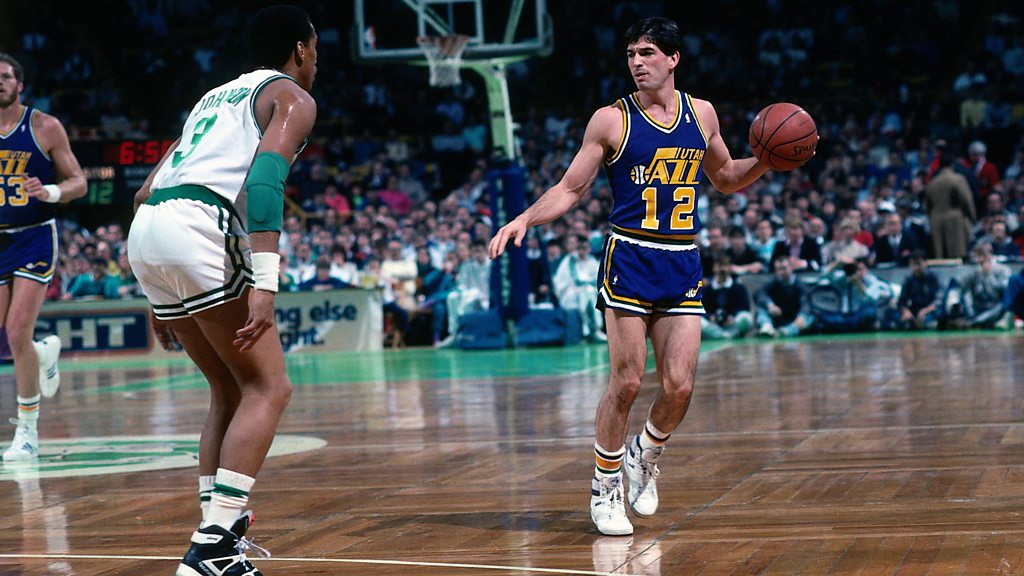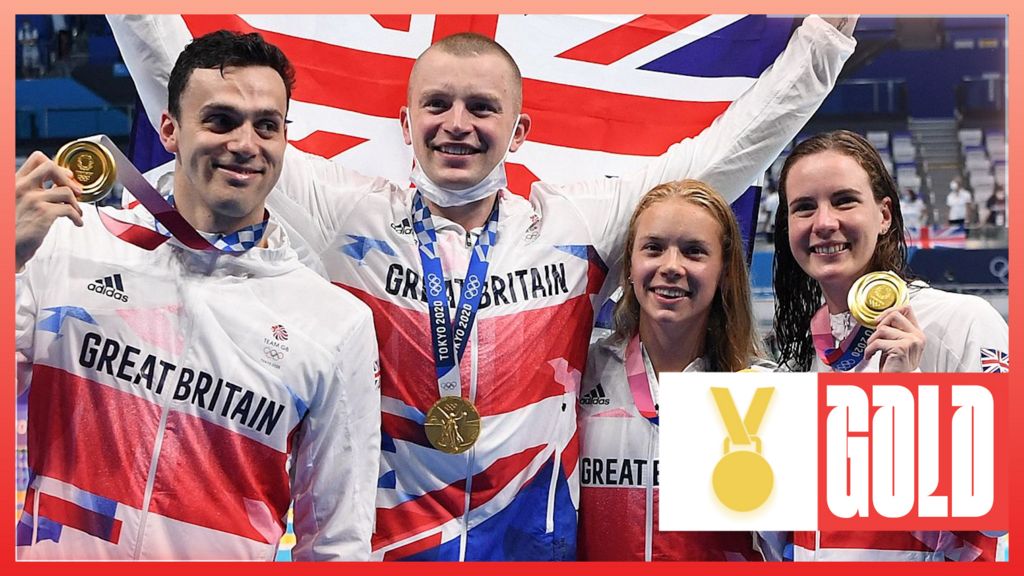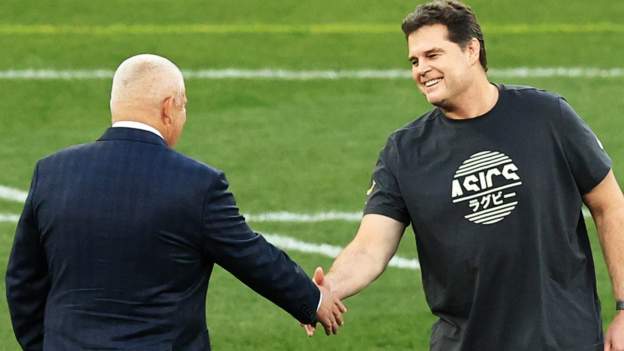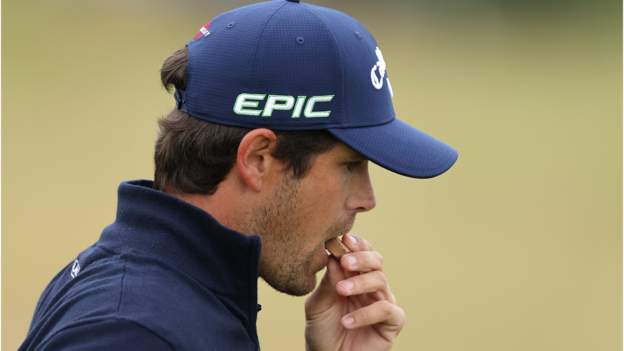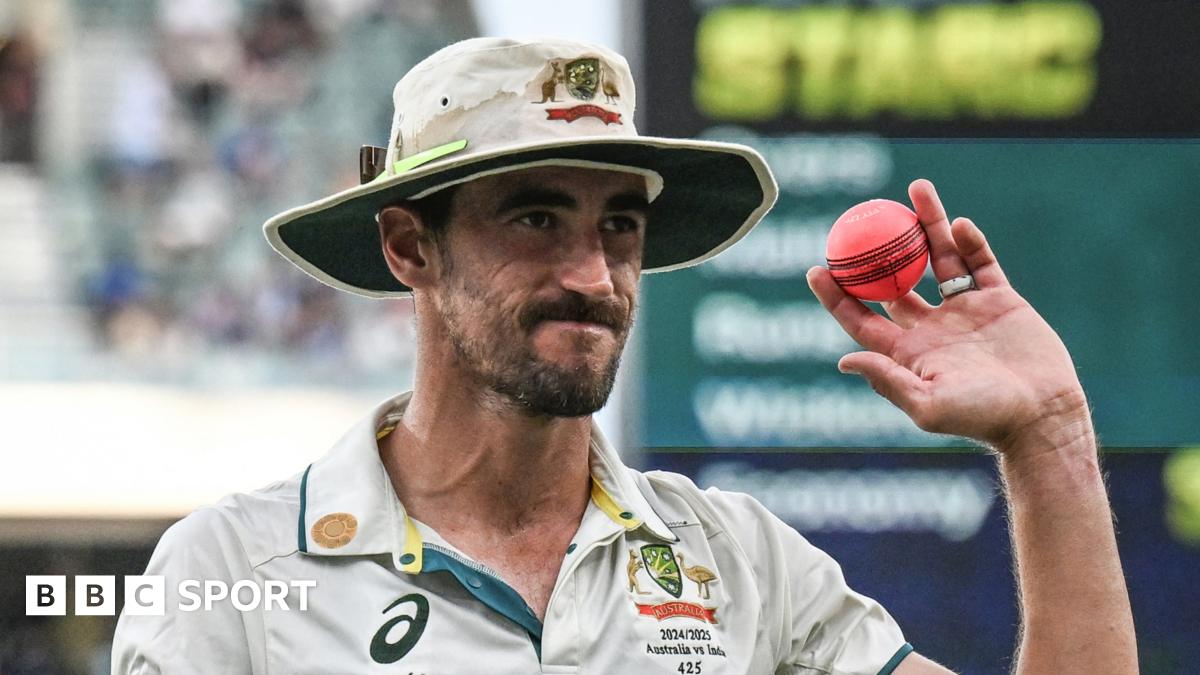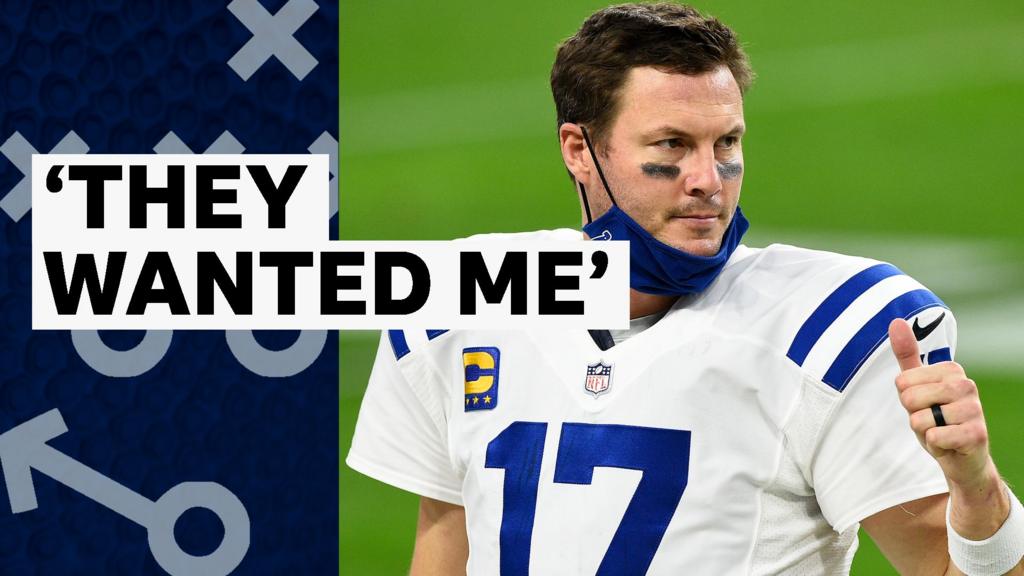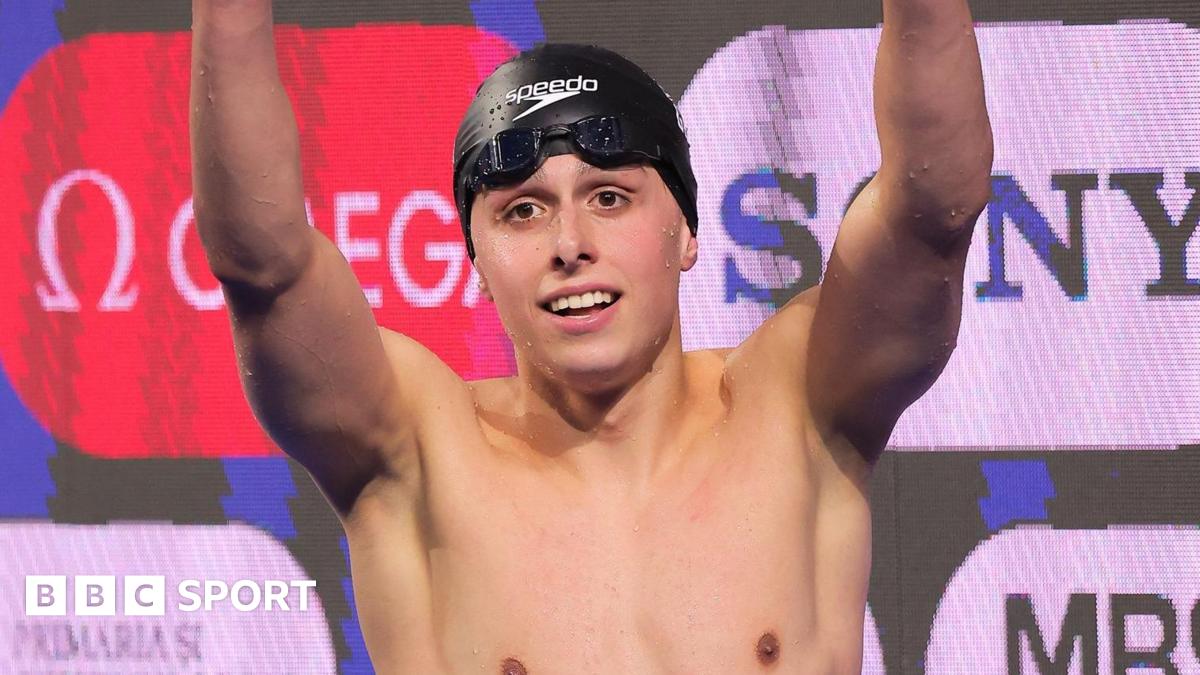Monday, 8 June is the 35th anniversary of one of boxing’s most memorable nights.
On a cool evening in early summer 1985, at Loftus Road football ground in London, Barry McGuigan deposed the mighty Eusebio Pedroza to win the WBA world featherweight title.
It was the culmination of a remarkable journey for the charismatic young man from Monaghan in the Republic of Ireland. His sporting triumph was seen as a story which somehow brought the divided communities north of the border together.
That sporting year
The fight took place against a backdrop of dark and troubled days in Northern Ireland. Headlines and stories about hatred, violence, death and destruction abounded.
Tragedy piled upon tragedy as bombs and bullets spoke for the opposing sides of Unionists and Republicans.
It was a time of sporting tragedy too, as the Heysel Stadium disaster and Bradford City fire had recently occurred.
But 1985 was a year during which sporting triumph found a path through the gloom and despair for the people of Northern Ireland.
It was the year Dennis Taylor, from Coalisland, potted the most famous black ball ever to beat Steve Davis in that memorable late-night world snooker final.
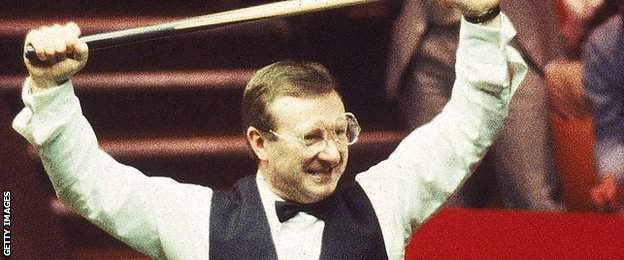
At the time, Joey Dunlop was the TT Formula One motorcycling champion and Billy Bingham’s Northern Ireland were qualifying for a second successive World Cup finals.
However, 1985 will be remembered by many for McGuigan’s sensational world boxing triumph.
The Clones Cyclone was seen not just as a supreme fighter but a popular figure who united Northern Ireland’s communities.
McGuigan, 24, had enjoyed a successful amateur career, competing at the 1978 Commonwealth Games and the Moscow Olympics two years later. As a pro he won British and European titles and then got his big chance when Pedroza agreed to defend his WBA world featherweight title.
The opponent
The Panamanian was a legend among featherweights. The man from Panama City was the longest-reigning champion at the time, having held the WBA belt for seven years. Against McGuigan, he would be making a record 20th defence of the title.
The 29-year-old had been a pro since 1973 and, at 5ft 9in, was tall for his weight division.
The venue
The fight was staged at the west London home of Queens Park Rangers football team. There were 27,000 people there on that Saturday night and it seemed as if all of them were Irish.
Such Northern Irish sporting royalty as George Best, Norman Whiteside, Willie John McBride and Mary Peters were among those at the ground.
McGuigan’s planned route to the ring had to be abandoned as fans swarmed around their hero. The challenger had to clamber through seats and it took him 12 minutes to get to the ring. Pedroza made it relatively unnoticed. The fight was live on BBC television and also on ABC in America.
Troubled times
McGuigan was seen not just as a great boxer, but also as a beacon of peace in Northern Ireland and beyond.
McGuigan said: “It was a very hostile time and there was a lot of craziness going on. I just did not want to get involved in it – there was enough sadness and hatred everywhere we looked.
“I deliberately took a stance of neutrality and wore the United Nations flag of peace on my shorts.”
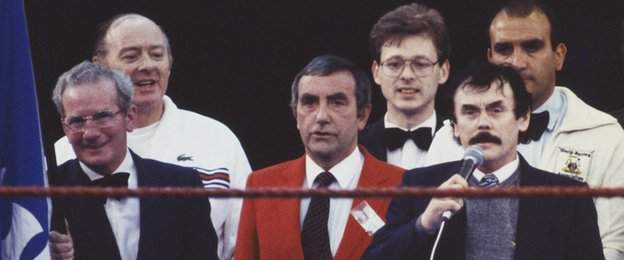
The challenger’s father Pat, who had represented Ireland in the Eurovision Song Contest, led a moving rendition of Danny Boy from the ring.
The fight
The crafty Pedroza had the better of things in the early rounds.
“He was freakishly tall and skilful,” recalled McGuigan. “I knew technically he was far superior to me, and that the only way to beat him was to beat him for pace. If you stood off him he would just box your ears off all night long.”
The turning point was the seventh round when Pedroza was caught by a right to the head and went down. He survived a count to eight and the contest continued.
McGuigan had never been beyond 10 rounds but the fight went the distance to 15 with the man from Monaghan crowned the new champion on a unanimous points verdict.
The deposed champion
Pedroza died in March 2019 one day short of his 63rd birthday but speaking on the 30th anniversary in 2015, he reflected with admiration on the man who brought his long reign to an end.
“What I always remember is that Barry McGuigan was a sportsman who came looking for the world title,” said the Panamanian.
“It was a hard fight. He came looking for that title and got what he wanted.
“I gave the opportunity to him and he knew how to make the most of that. He was a true champion of the world.”
The hero’s homecoming
McGuigan, with trainer and mentor Barney Eastwood by his side, was welcomed by an estimated 75,000 in Belfast city centre two days after his victory.
“It was absolute madness, but great,” said McGuigan who later sparked similar scenes in Dublin as he made a celebratory parade in O’Connell Street.
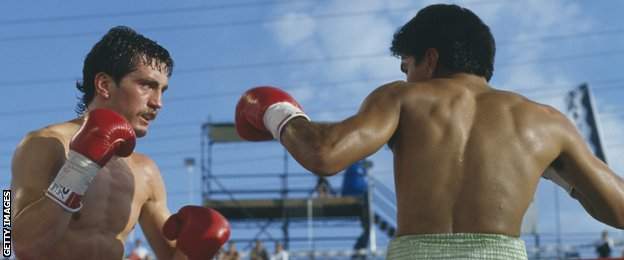
McGuigan’s achievement landed him the BBC Sports Personality of the Year title for 1985 – he was the first person from outside the United Kingdom to receive the honour.
He made two successful defences of the title before it all turned sour in the searing heat of an outdoor arena in Caesar’s Palace in Las Vegas in June 1986 when American Steve Cruz took a unanimous decision.
Costly legal battles followed in an acrimonious split with manager Eastwood, who died earlier this year. McGuigan went on to be promoted by Frank Warren for two fights before losing a third to Jim McDonnell and quitting the ring.

